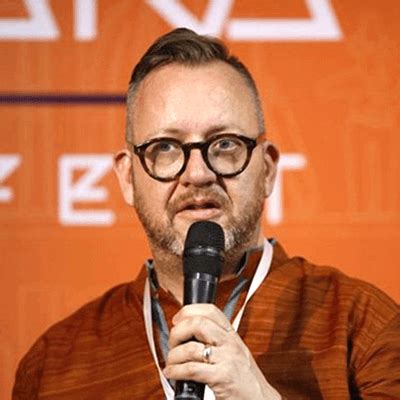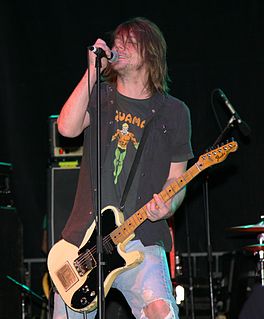A Quote by Mohsin Hamid
In Pakistan, many of the young people read novels because in the novels, not just my novels but the novels of many other Pakistani writers, they encounter ideas, notions, ways of thinking about the world, thinking about their society that are different. And fiction functions in a countercultural way as it does in America and certainly as it did in the, you know, '60s.
Related Quotes
People who know and read comics know that there's a huge diversity amongst the types of stories. Nobody ever goes 'how many more of these movies based on novels are there going to be?!'. People laugh at that question and they go novels, there are all different types of novels. But there are all different types of comic books, they just happen to have drawings on the cover!
The difference does not lie in the things that news does that novels do not do, but in the things that novels do that news cannot do. In other words, this basic technique of news - just one among many - is something a novel can use, but a novel can deploy a multitude of other techniques also. Novels are not bound by the rules of reportage. Far from it. They're predicated on delivering experience.
Fiction allows us to see the world from the point of view of someone else and there has been quite a lot of neurological research that shows reading novels is actually good for you. It embeds you in society and makes you think about other people. People are certainly better at all sorts of things if they can hold a novel in their heads. It is quite a skill, but if you can't do it then you're missing out on something in life. I think you can tell, when you meet someone, whether they read novels or not. There is some little hollowness if they don't.
Novels are political not because writers carry party cards -- some do, I do not -- but because good fiction is about identifying with and understanding people who are not necessarily like us. By nature all good novels are political because identifying with the other is political. At the heart of the 'art of the novel' lies the human capacity to see the world through others' eyes. Compassion is the greatest strength of the novelist.
Now you mustn't think that I don't have any ideas for novels in my head. I've got ideas for ten novels in my head. But with every idea I have, I already foresee the wrong novels I would write, because I also have critical ideas in my head; I've got a full theory of the perfect novel, and that's what stumps me.






































